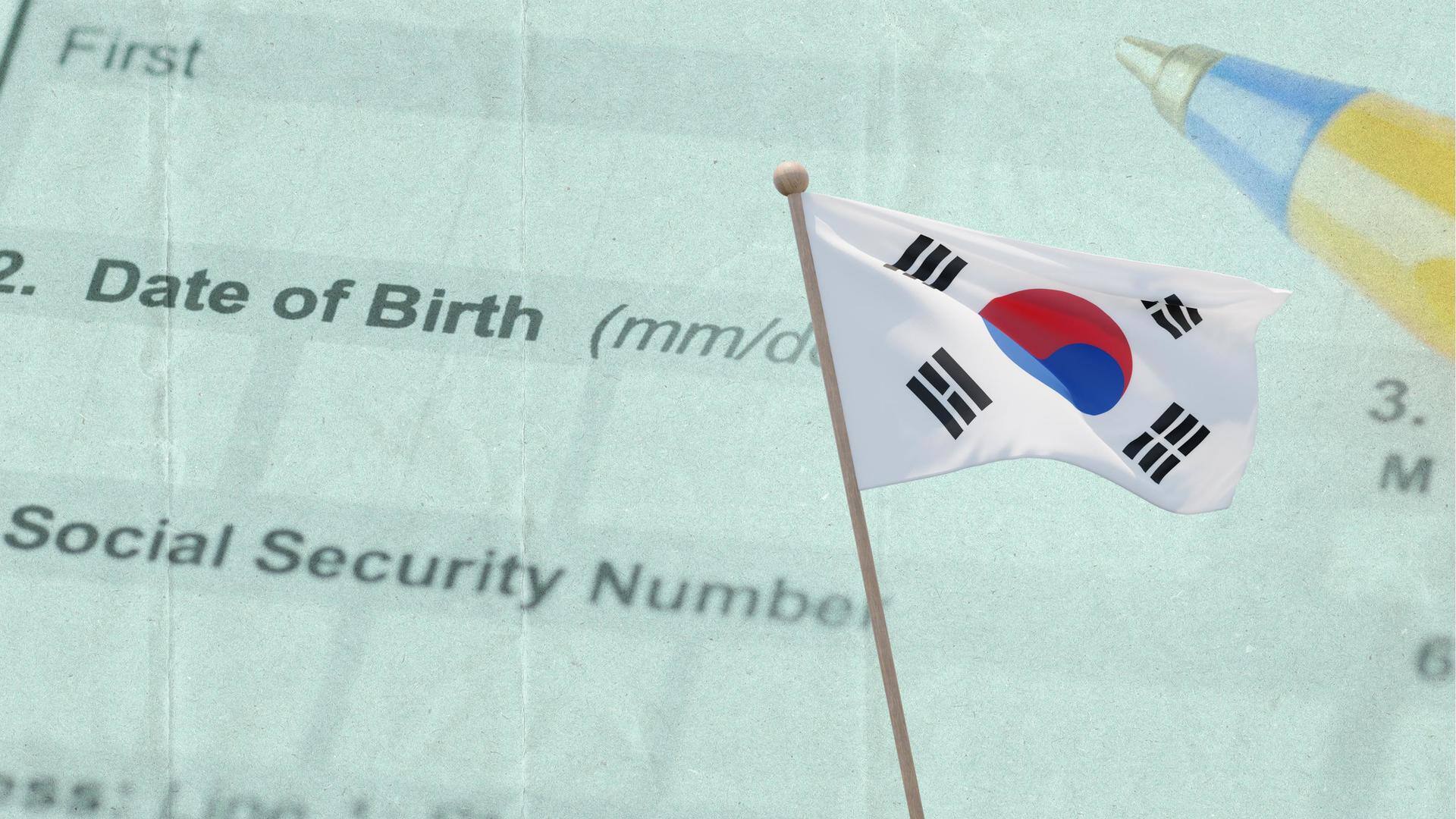
South Korea's new law makes every citizen a year younger
What's the story
South Korea is finally about to join the international norm for counting age, leaving behind its traditional system, which counted newborns as one-year-olds. The law, which will be enforced from Wednesday, will only affect social settings and workplaces as the government processes and those regarding voting, retirement, and social security already follow the calendar age or the international standard.
Information
The change was announced last year
President Yoon Suk Yeol proposed the change while running for office last year. Following this, the National Assembly announced the decision last year to avoid confusion and comply with the global norm. Notably, three-quarters of the population supported the change.
Confusion
South Korea has three age systems
The confusion can be attributed to South Korea's existing three-age system. According to the most widely used system of "Korean age," a person turns one on the day they are born and adds a year on the first day of the new year. The second is the internationally accepted method, while the third adds a year to a person's age on January 1st.
Details
No changes to government documents
The traditional system was mostly used in workplaces and social settings to discern age hierarchies, which is considered important in the country. Citizens won't be required to update government documents because the age utilized is based on the international system. Young people seeking to buy alcohol or cigarettes won't be troubled, as store clerks already check the year of birth before selling to them.
Korean age
5 countries haven't adopted Gregorian calendar
The age of a Korean citizen changed on New Year's Day and not on their birthday, as per the traditional system. People nevertheless celebrated their birthdays on the day they were born. Notably, Afghanistan, Iran, Eritrea, Ethiopia, and Nepal are the countries that have not adopted the Gregorian calendar yet. The Ethiopian calendar, followed by both Eritrea and Ethiopia, has 13 months.